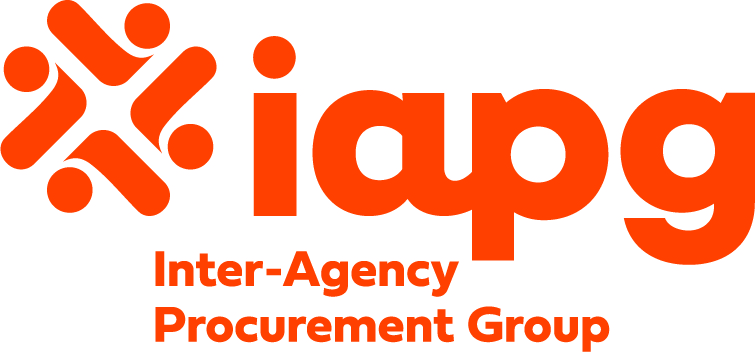*For full RFQ document, please visit https://plan-international.org/calls-tender/
- Background Information on Plan International
Plan International is an independent development and humanitarian organisation that advances children’s rights and equality for girls.
We believe in the power and potential of every child. But this is often suppressed by poverty, violence, exclusion and discrimination. And it’s girls who are most affected. Working together with children, young people, our supporters and partners, we strive for a just world, tackling the root causes of the challenges facing girls and all vulnerable children.
We support children’s rights from birth until they reach adulthood. And we enable children to prepare for – and respond to – crises and adversity. We drive changes in practice and policy at local, national and global levels using our reach, experience and knowledge.
We have been building powerful partnerships for children for over 85 years, and are now active in more than 75 countries.
Read more about Plan International’s Global Strategy: Girls Standing Strong at https://plan-international.org/strategy
- About the Global Programme Team (GPT) in Global Hub
The Global Programme Team is a global team of experts based in Plan International’s Global Hub with the mandate is to provide technical expertise on gender transformative programming and influencing to enable realisation of Plan International’s Global Strategy, ‘All Girls Standing Strong Creating Global Change’. The department works with Plan offices to deliver gender transformative programming and influencing and amplify fhought leadership around the world. GPT’s service offer is to enable programme and influence models for impact, provide and faciltiate thematic expertise on gender transformative programming and influencing, leading and supporting policy and advocacy at global and regional levels, and to connect and strengthen organisational capacity.
- Project Background
Plan International is seeking the services of a consultant to finalise the global programme framework and donor brief for its CEFMU programme model. Child, Early, and Forced Marriage and Unions (CEFMU) has been a key area of programming and influencing for Plan International since 2012 in the regions of Asia (APAC), Latin America (ROA), West Africa (WACA) and the Middle East, Eastern and Southern Africa (MEESA). This work responds to one of the biggest issues impacting adolescent girls’ ability to learn, lead, decide and thrive.
Plan International recognises that CEFMU impacts girls as a form of GBV, their access to education and employment, their sexual and reproductive rights, and has a major impact on early childhood development. As such, CEFM initiatives are positioned under the “DECIDE” strategic pillar of the Global Strategy that ensures girls have control over their lives and bodies, and can make informed decisions about their identity, relationships, and reproductive health. The SRHR AoGD package has CEFMU as a core component, with priority interventions, results and indicators outlined. There is also some CEFMU work done within the different AoGDs, across a variety of projects and initiatives at country and regional level. All CEFMU initiatives in MEESA are captured under the 18+ global programme which was approved as a programme model, with the recommendation that it be refined to reflect work being done in the other regions i.e. the APAC has Storming the Norms, WACA has a Centre of Excellence, ROA has the regional MUITF project, and ongoing CEFMUiE work.
While sharing a common goal – to contribute toward ending child marriage – the programme’s implementation varies across regions and contexts. With the proposed CEFMU global programme model framework Plan International seeks to provide a comprehensive and holistic approach to mainstream CEFMU across its six Areas of Global Distinctiveness, ensure alignment and coherence across regional initiatives and maximise impact for girls.
The global programme model framework will reflect strategic objectives of the existing CEFMU initiatives. Namely three core objectives:
- Mobilizing at-risk girls to build their capacities to determine their own futures, especially choices about when and whom to marry.
- Building a girl-led social movement, with community and leader support, to transform gender norms and practices that drive CEFMU.
- Enabling legal and policy environments to protect girls from CEFMU.
